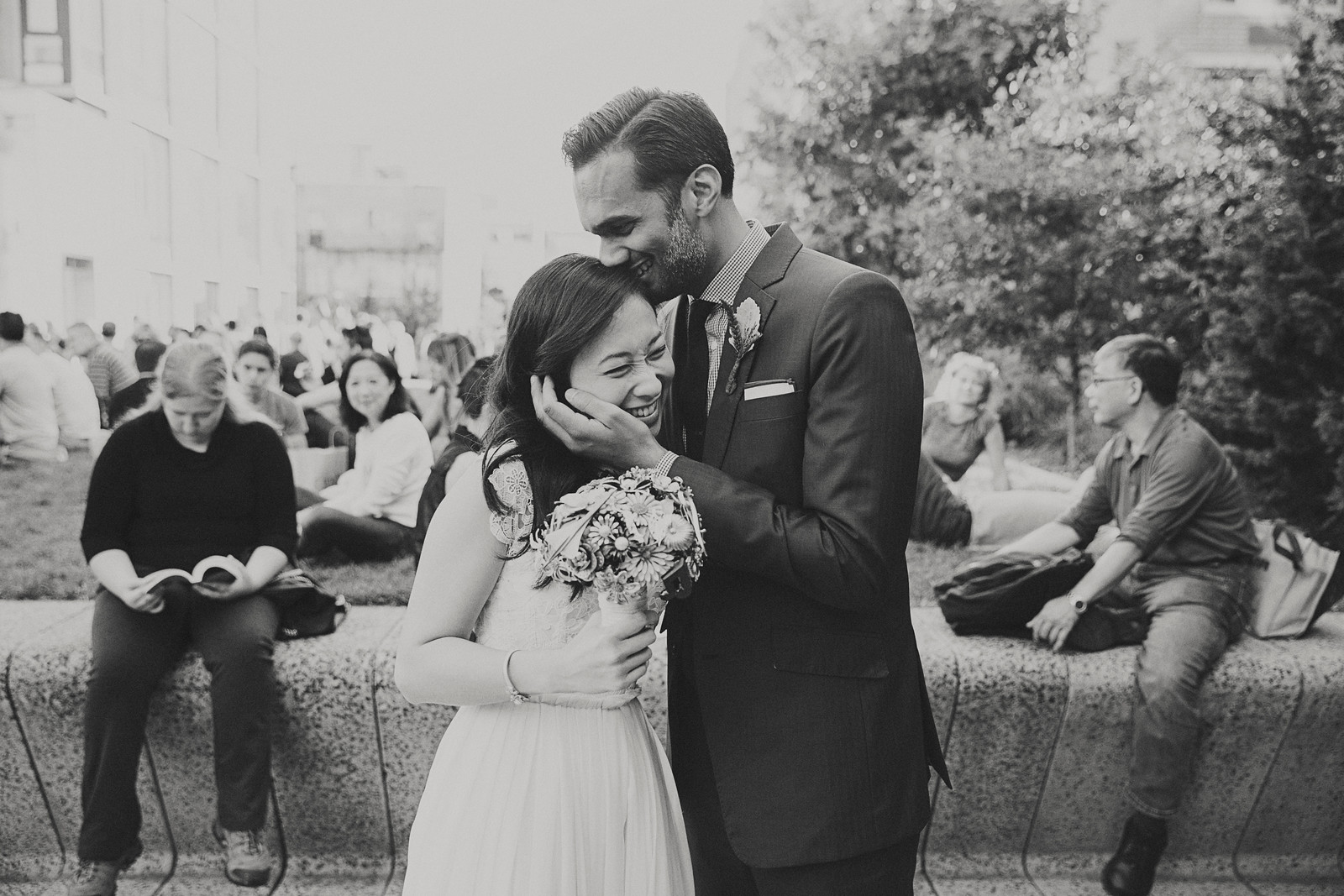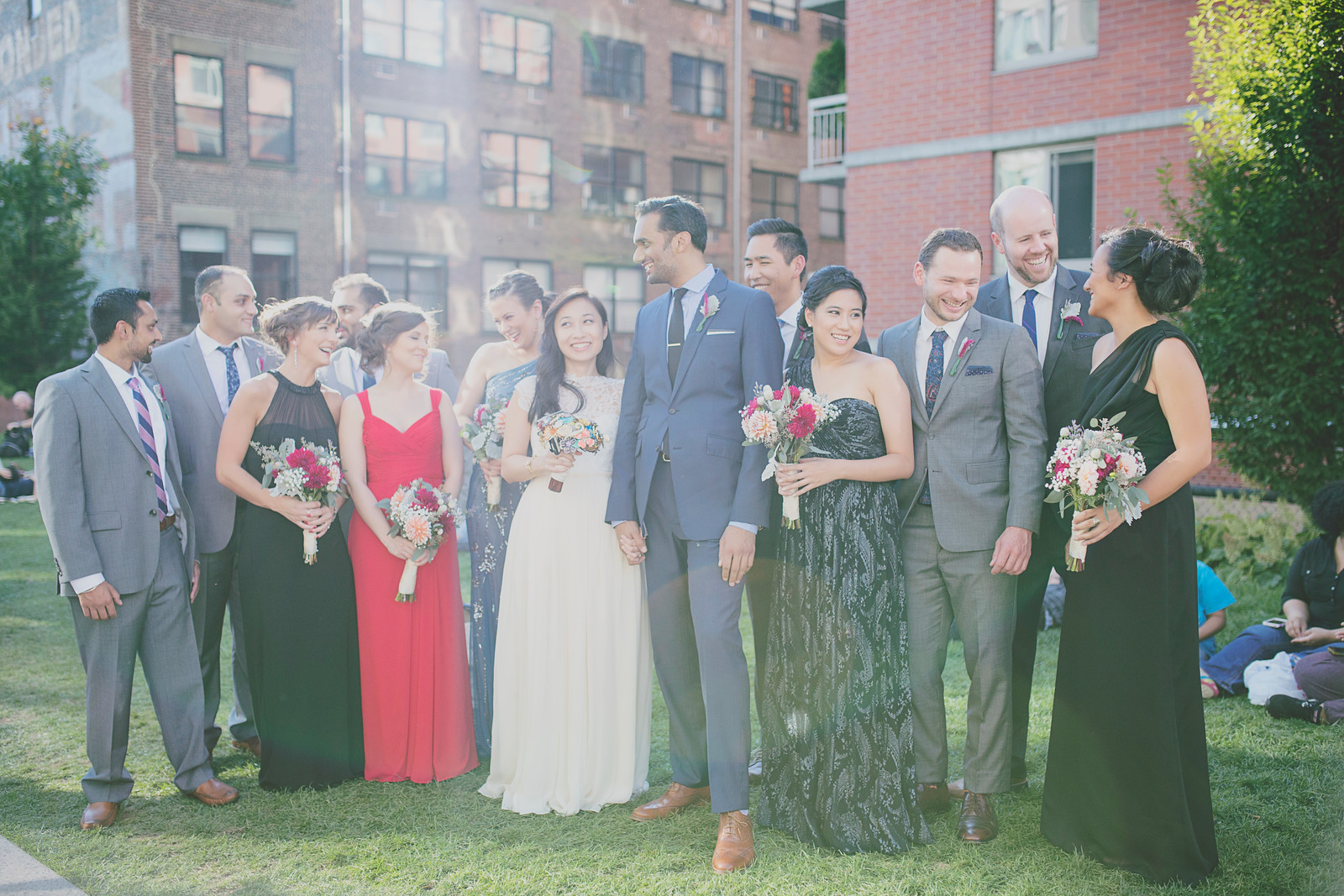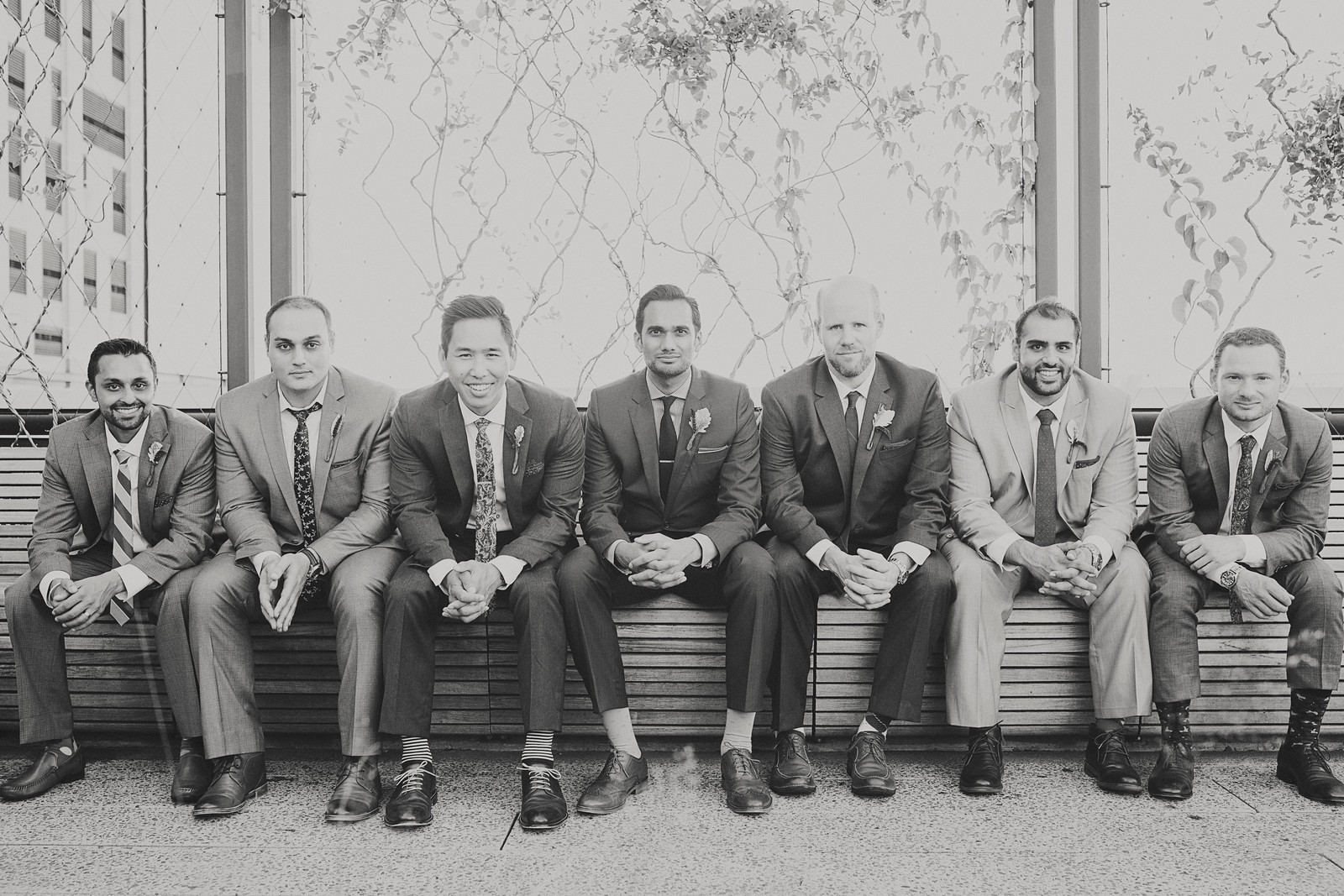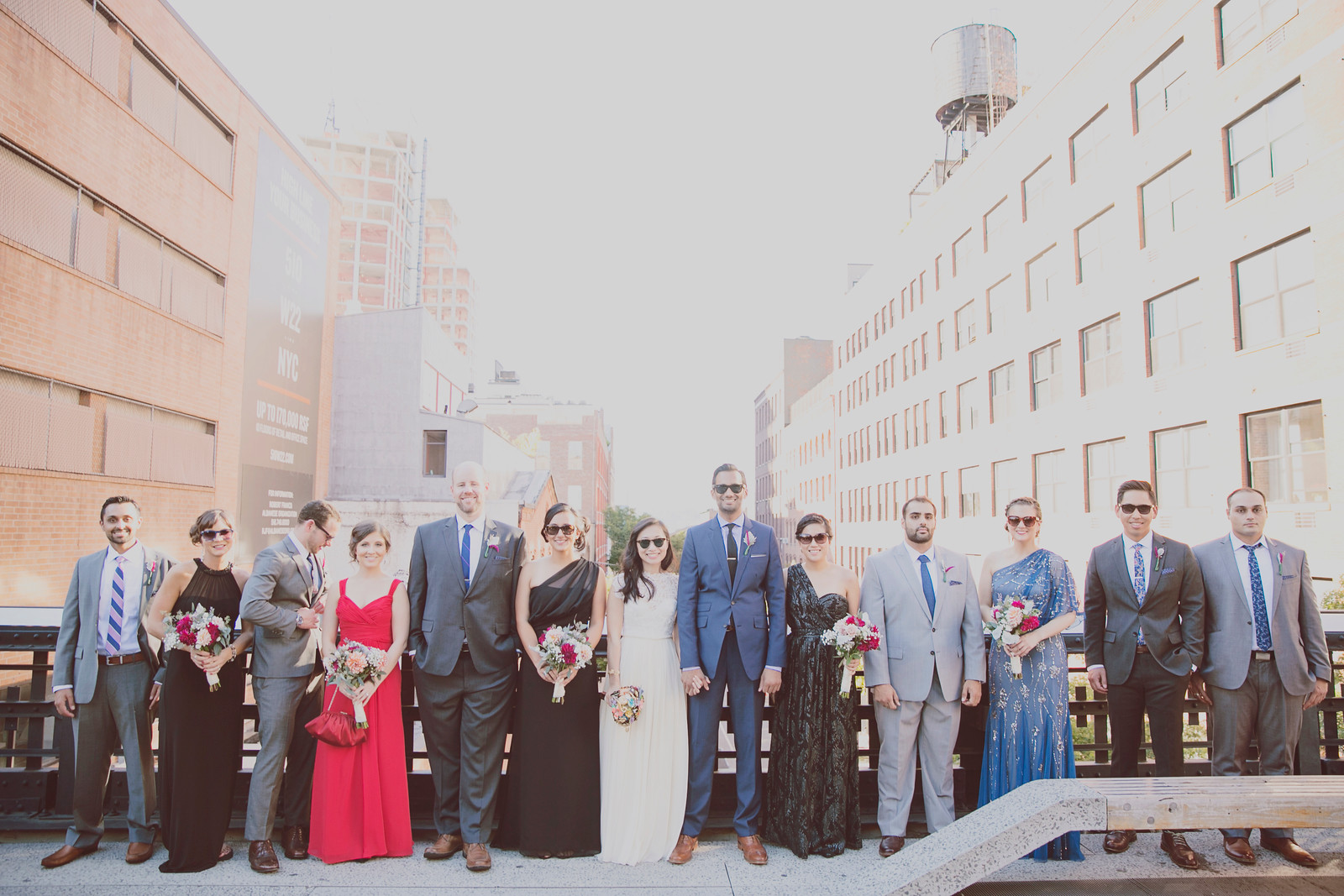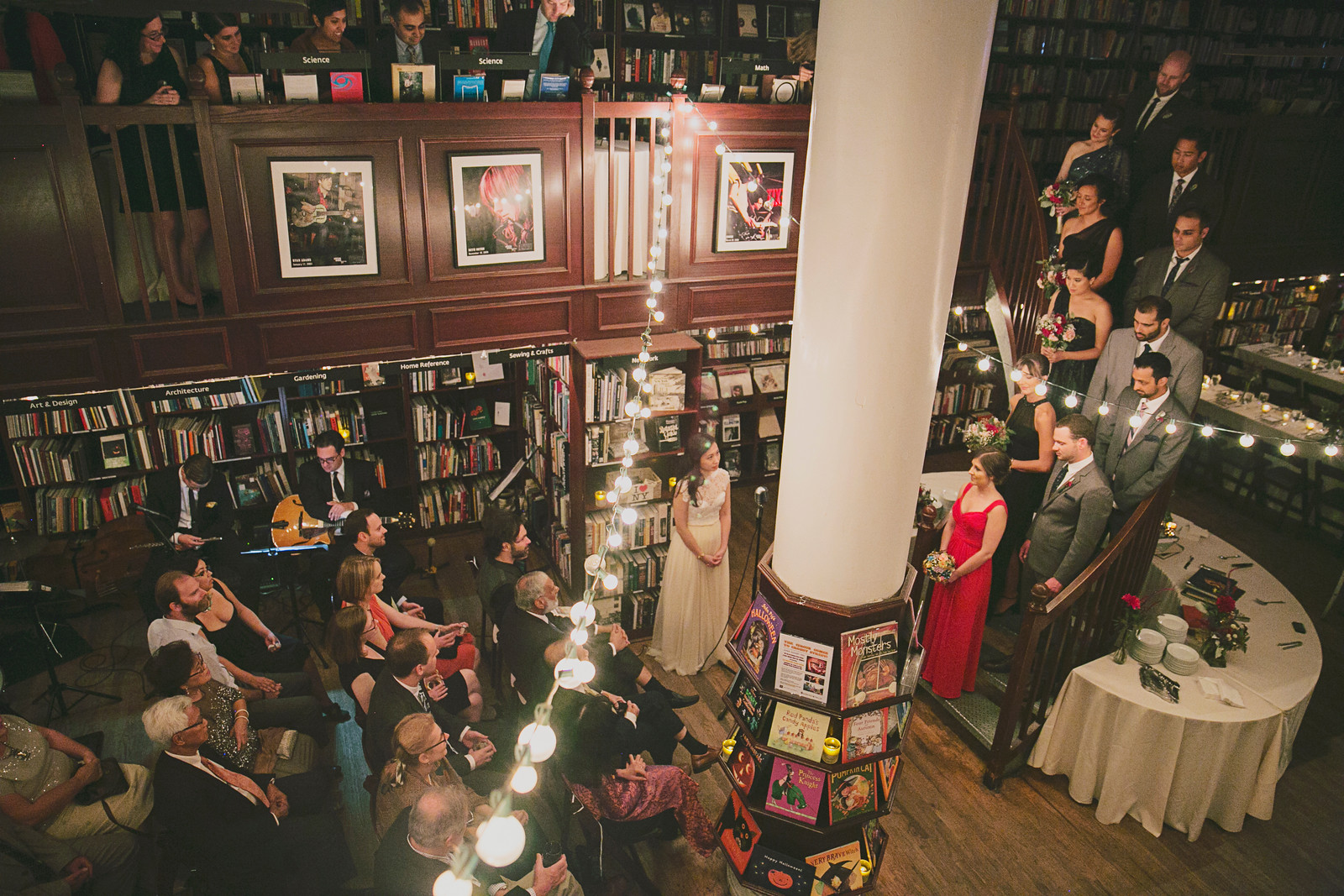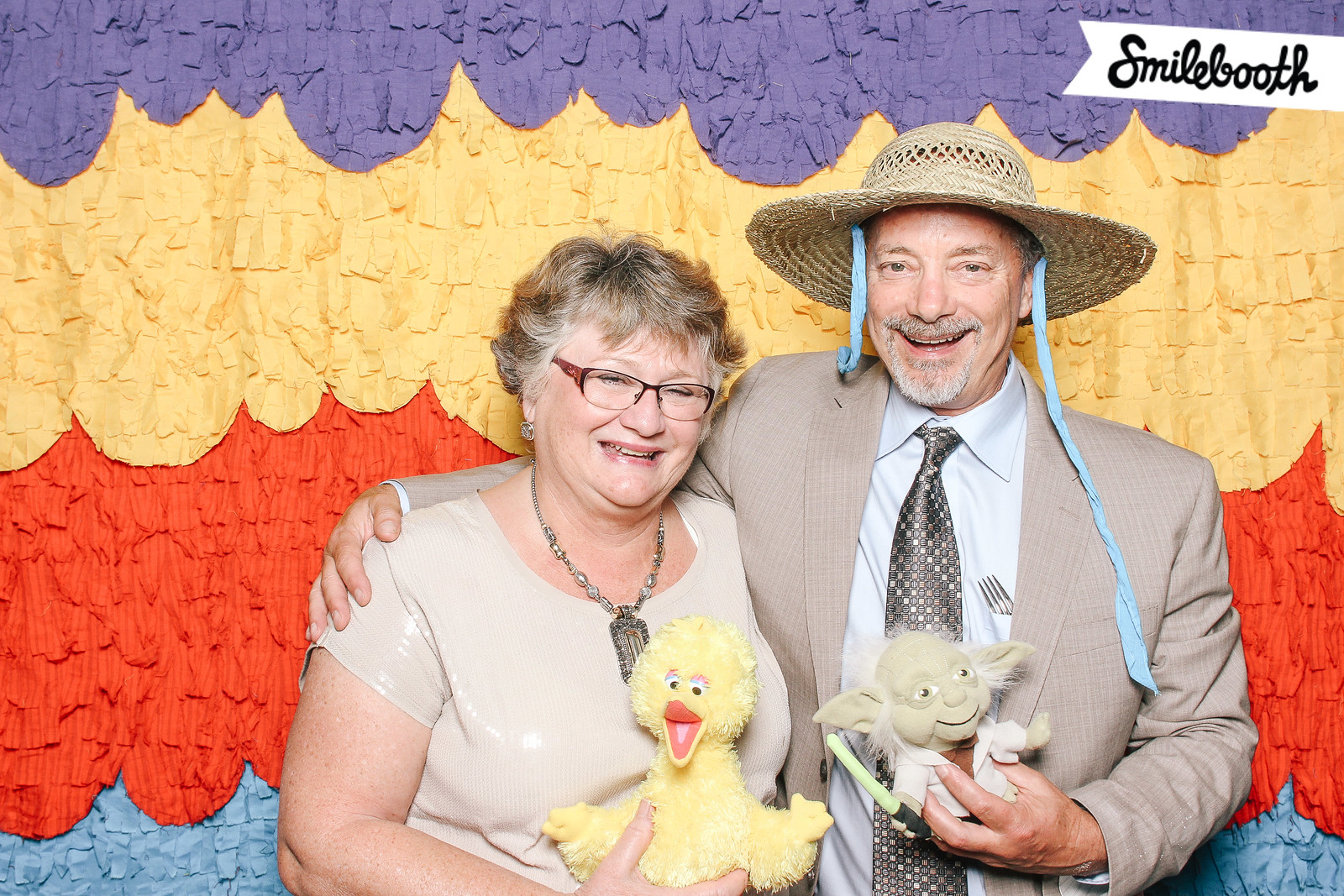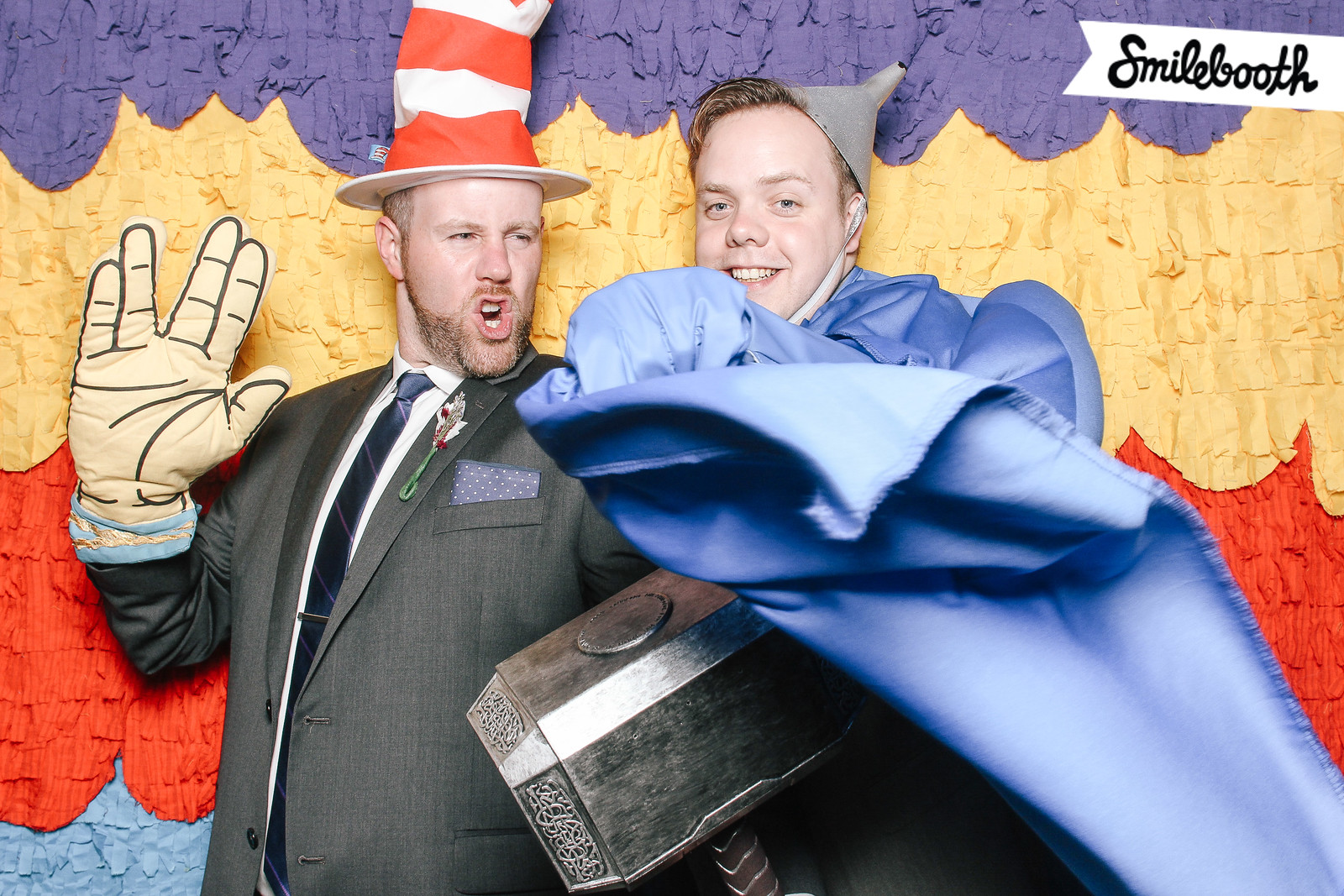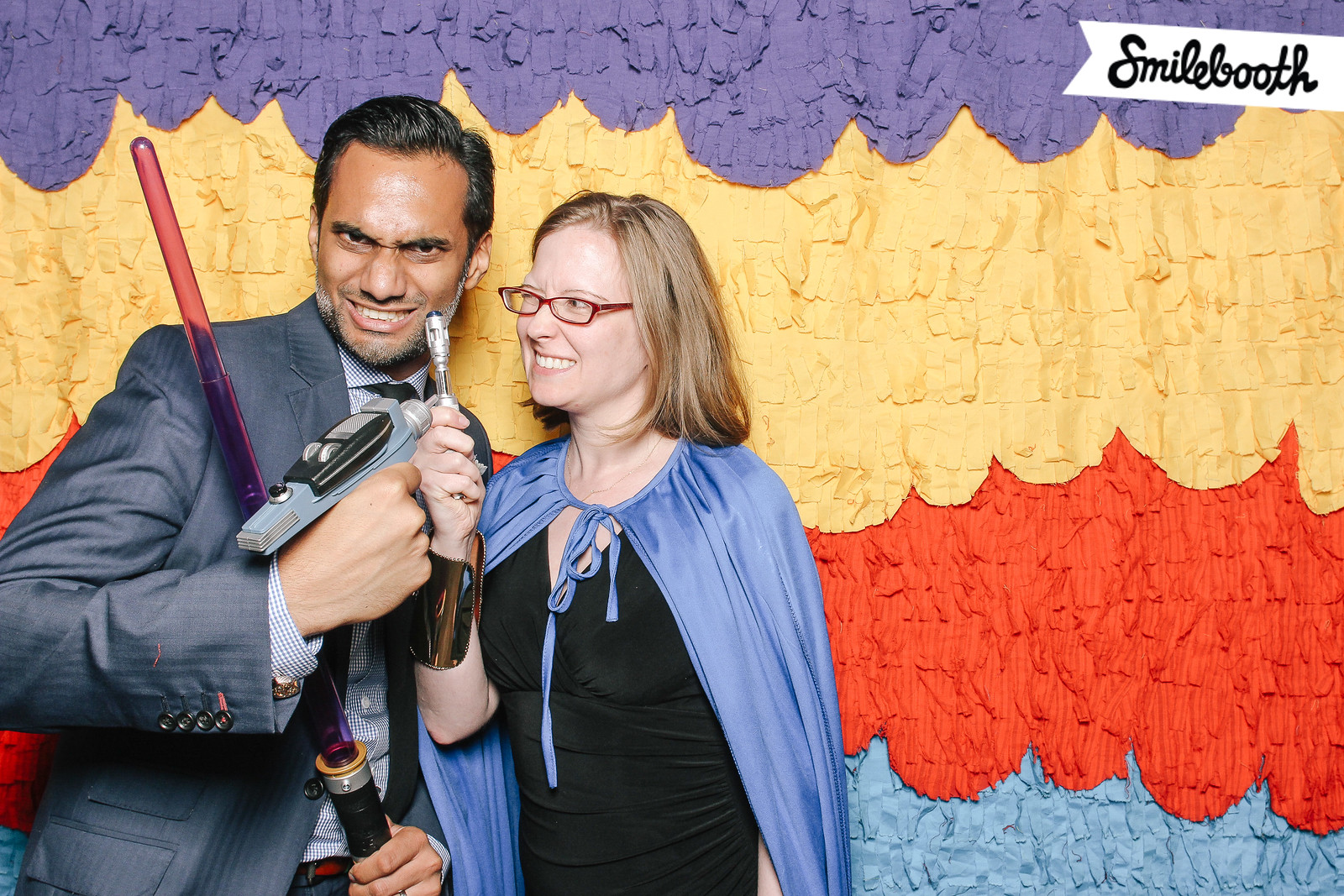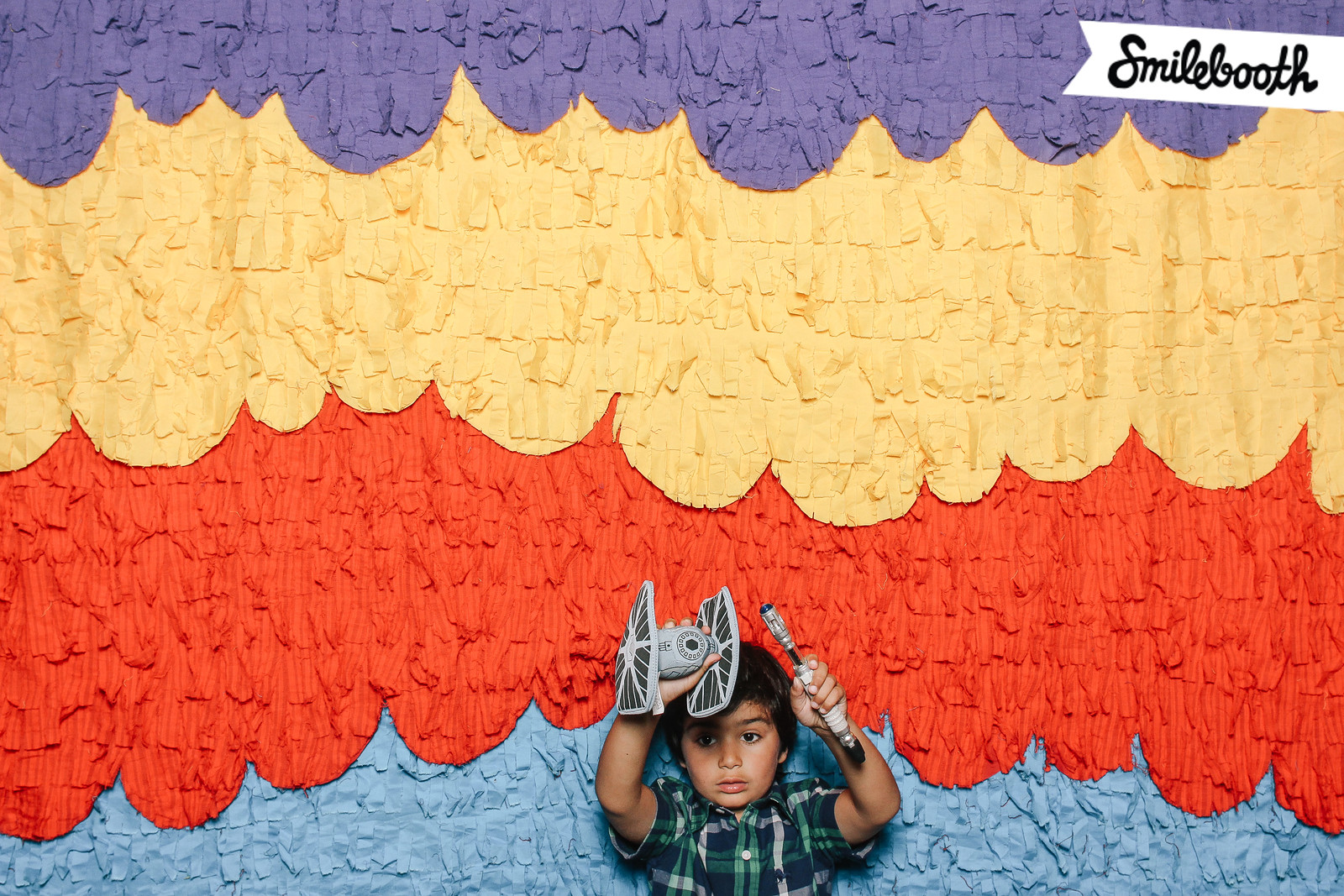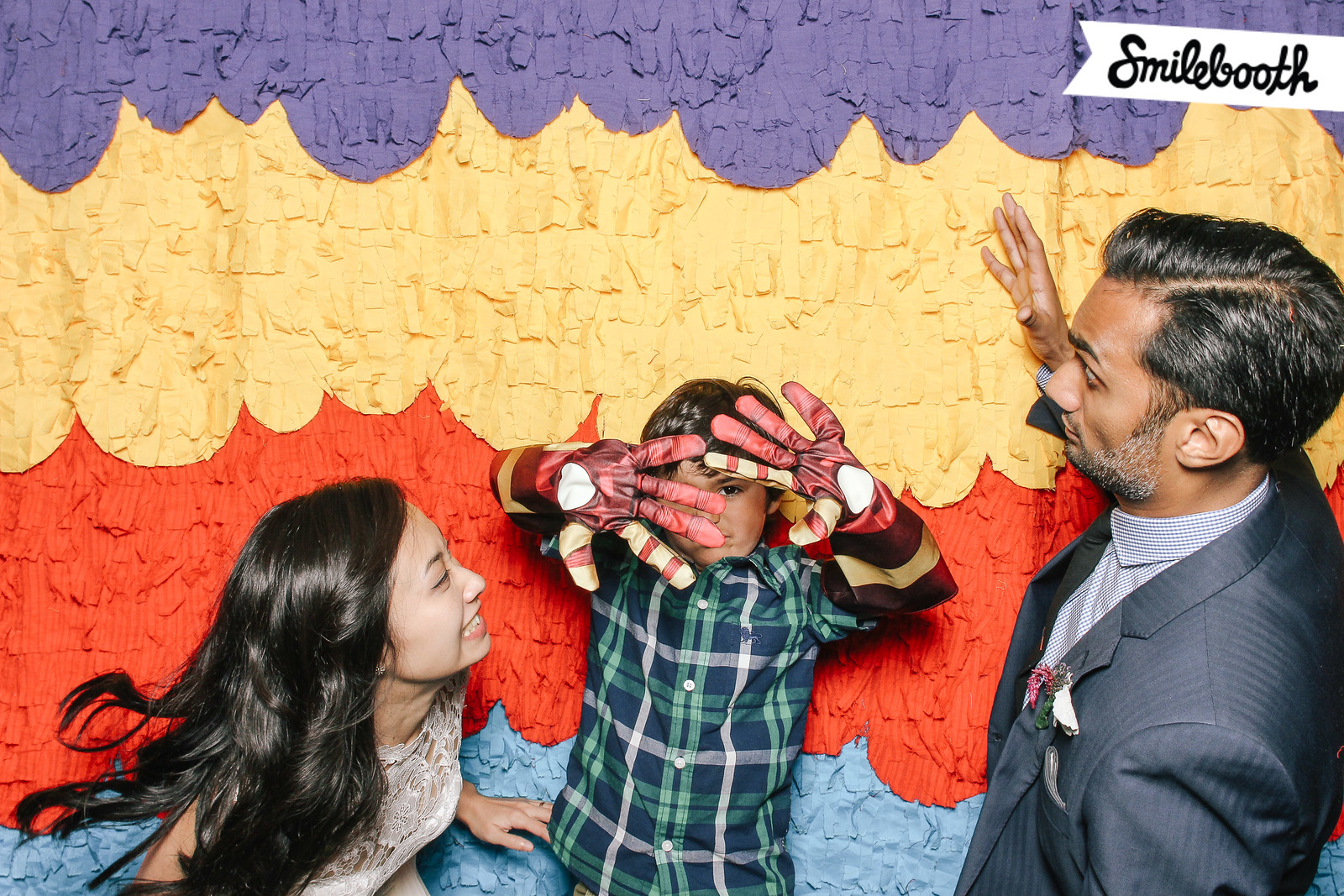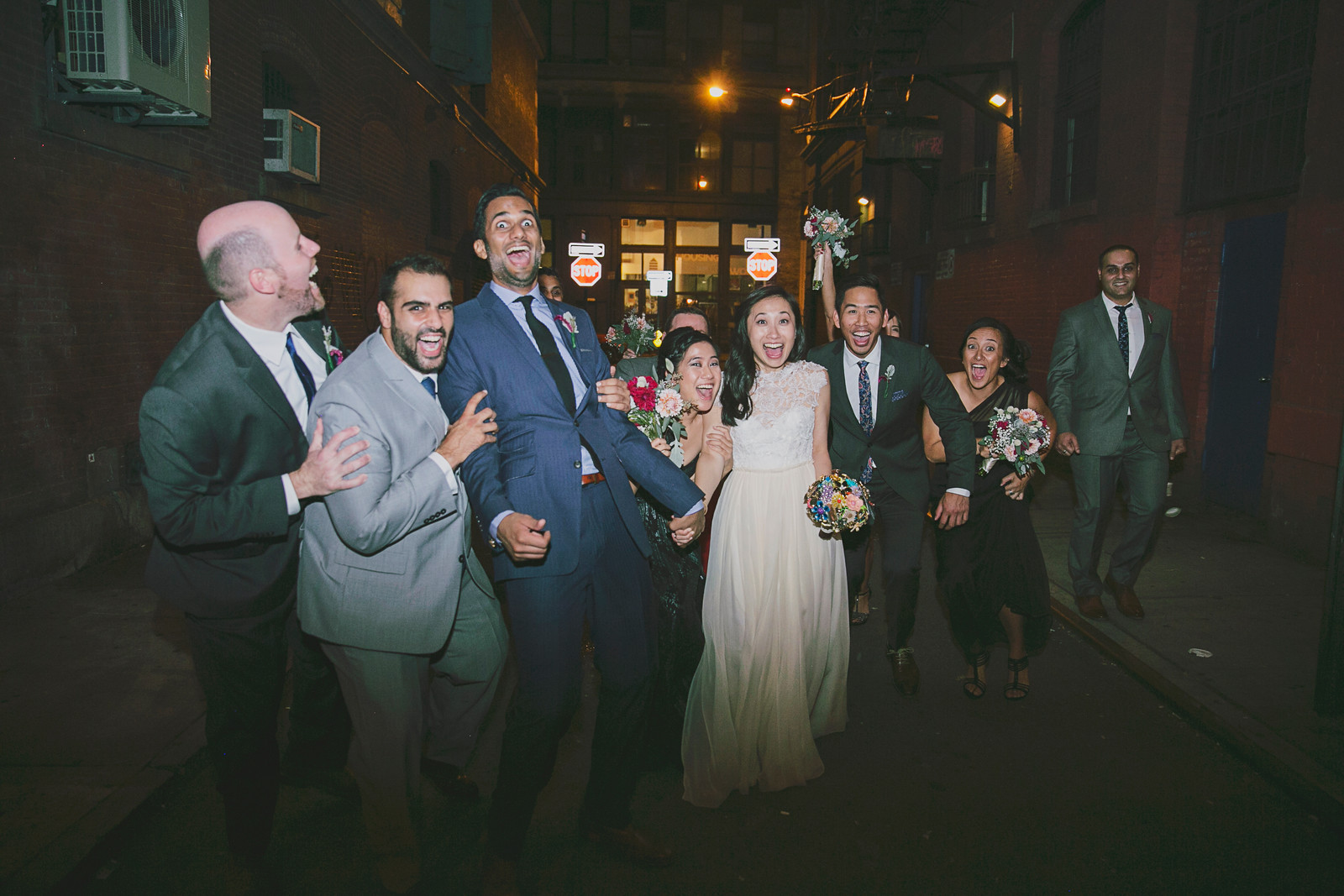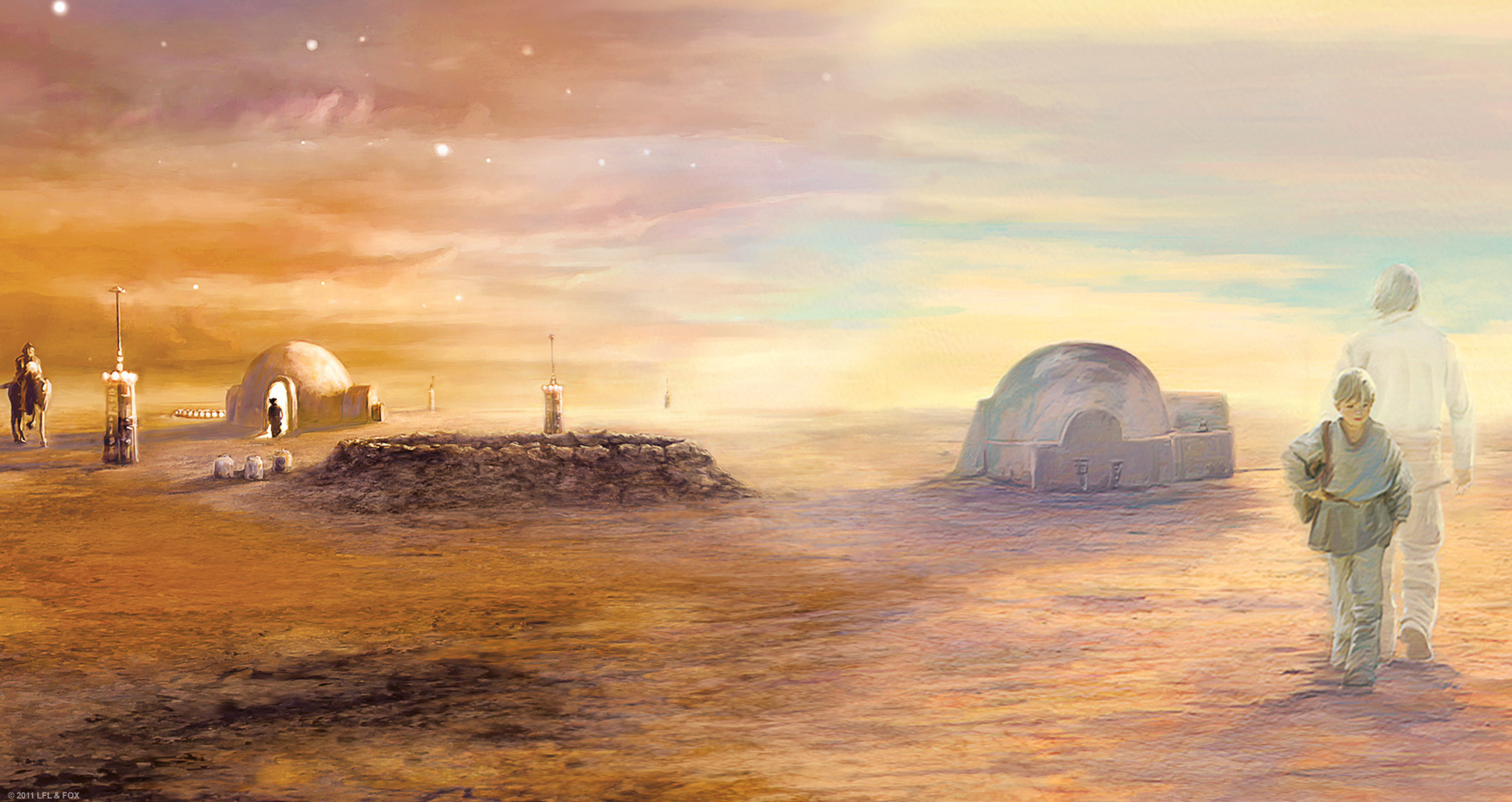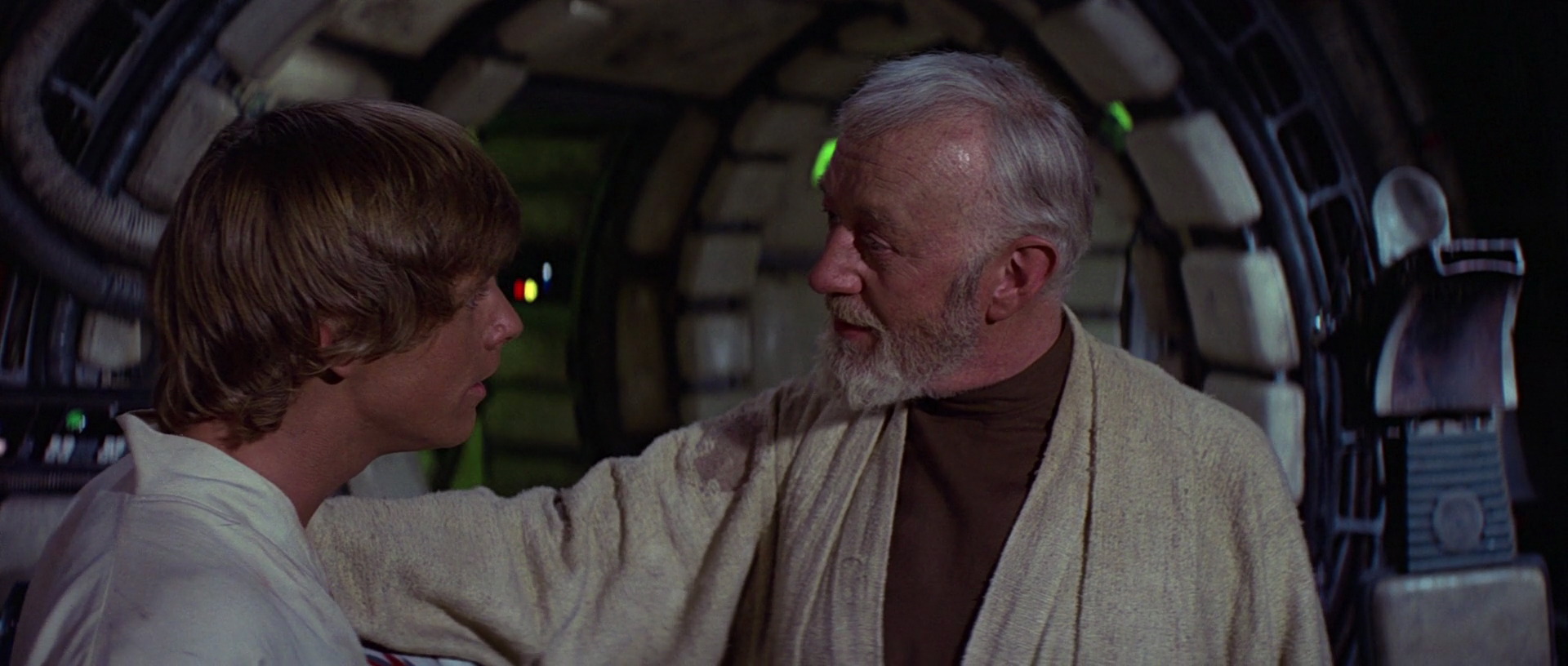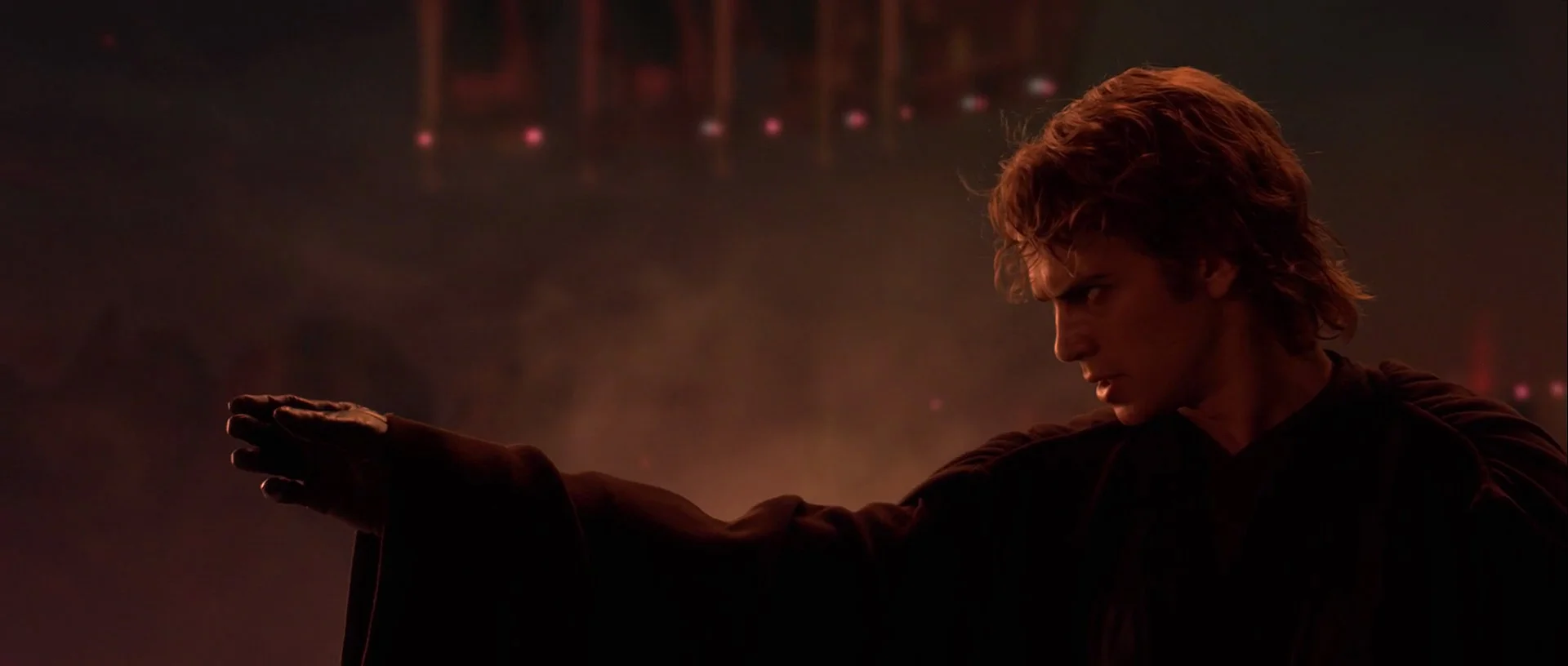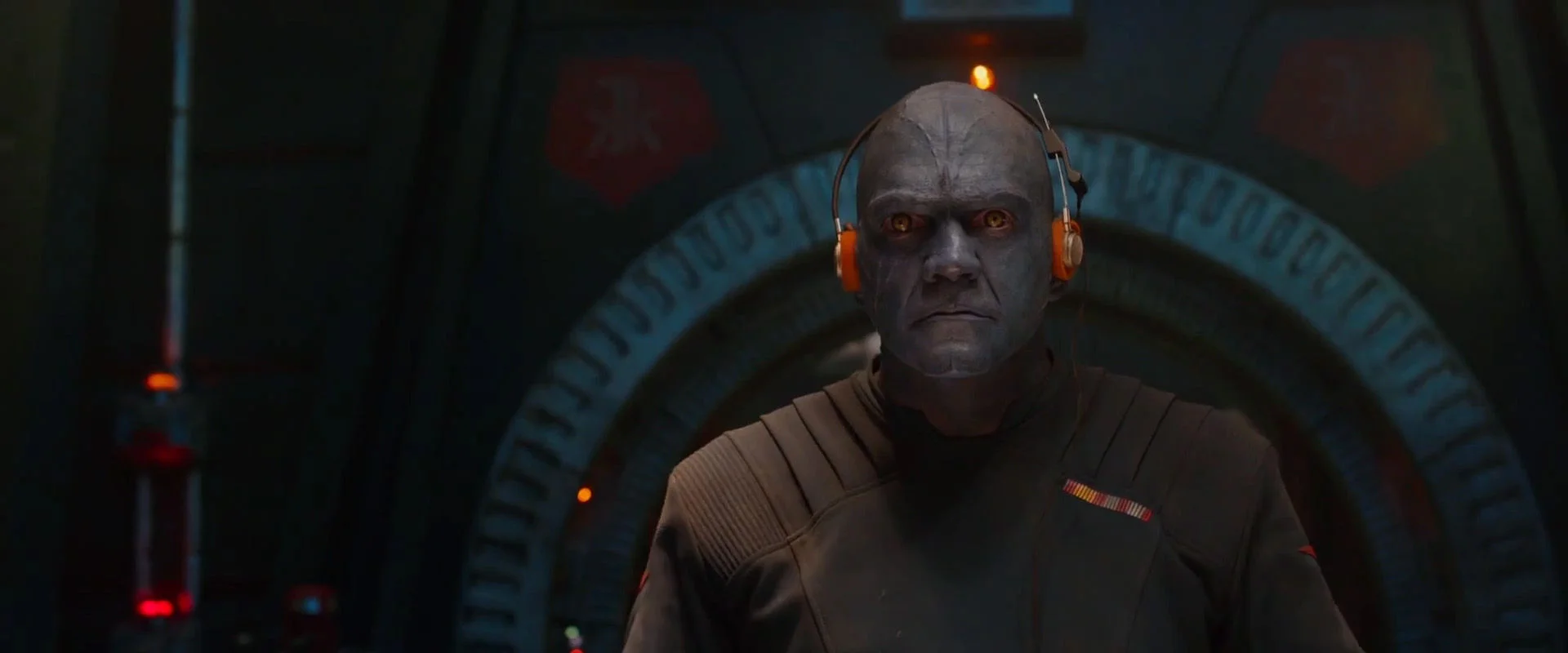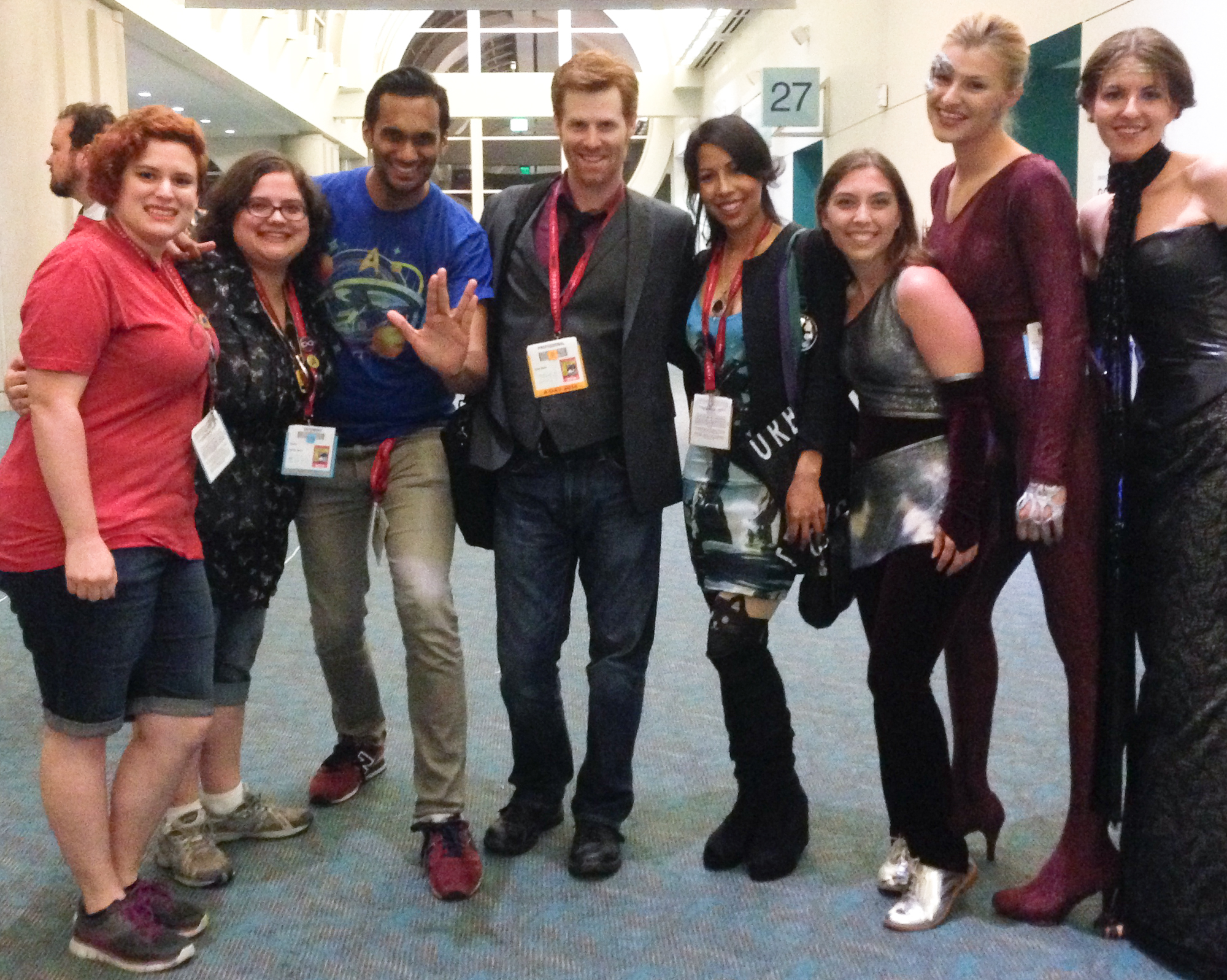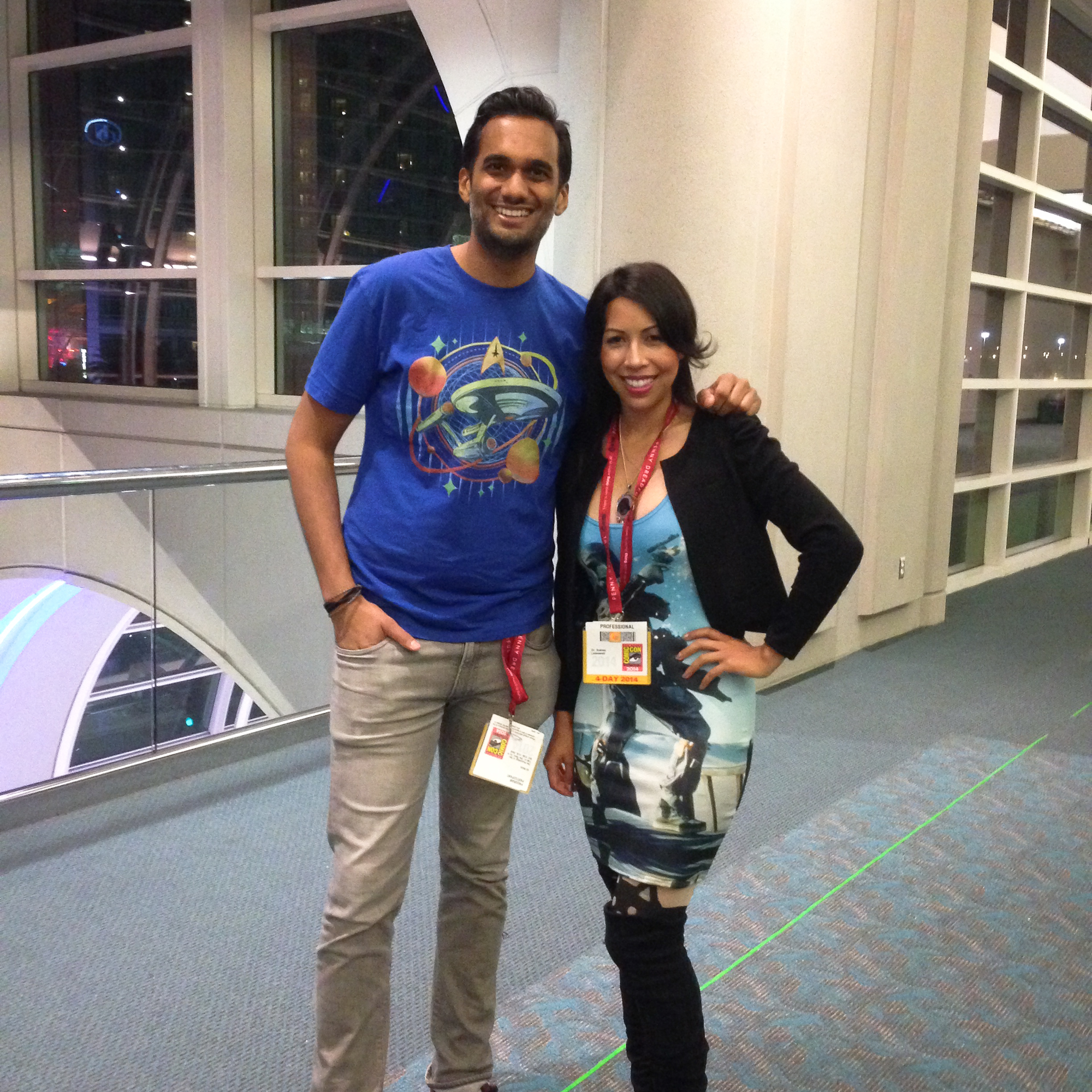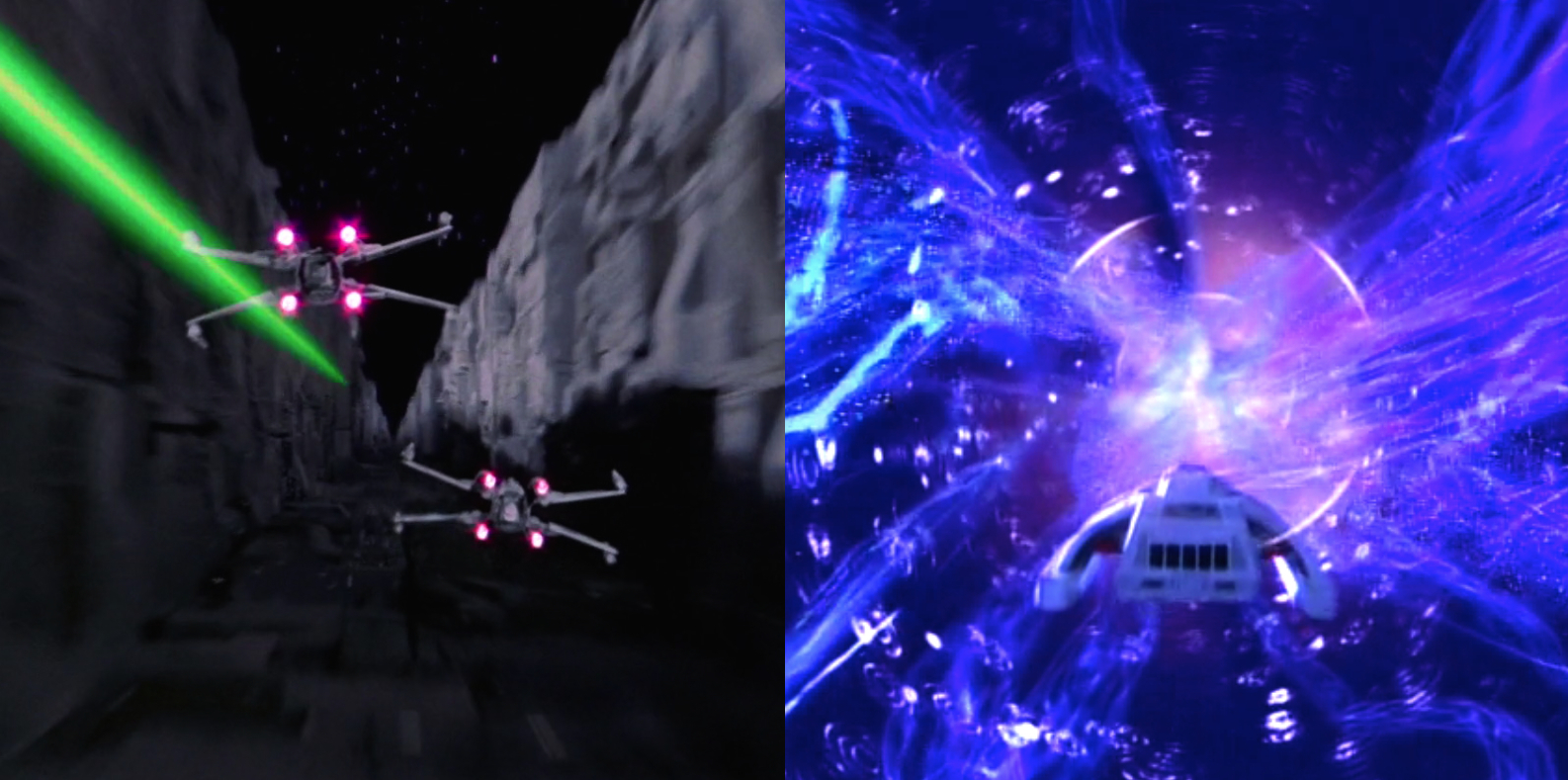On September 27th 2014, Nhu-An and I got married. We've been together for a long time, ever since we were seniors in high school. Despite a lot of obstacles like living on opposite sides of the country for much of our relationship and the glacial pace at which I completed grad school, we've stayed together and continue to be in love.
How did our relationship last so long? We realized that we're both really big geeks, just with totally different interests. Loving something passionately and wanting to share it became the glue that kept us together year after year.
After we got engaged, we wanted to create a wedding that celebrated how important geeking out has been in our relationship. That’s why we got married in a New York City bookstore. This is how we made it so.
The Blanket Fort
For our engagement photo, we wanted to recreate a scene from one of our favorite childhood stories. But we couldn’t agree on a book. I wanted Where the Wild Things Are and Nhu-An wanted The Lion, the Witch and the Wardrobe. We got lost talking about how much fun it would have been to hang out as kids and share our favorite books and toys with each other. That’s how the idea for our epic blanket fort was born.
The blanket fort became the theme of our wedding. We created library book card save the dates because that’s where we spent most of our time as kids (Nhu-An read The Baby-Sitters Club while I read Electronic Gaming Monthly). Our RSVPs asked guests what they would put in their blanket forts so we could weave in their geeky interests into our wedding (more on that later).
NYC’s High Line
Our wedding day started at The High Line. It’s our favorite place in the city and is where we got engaged. The High Line represents everything we love about New York — it’s a place where people of all backgrounds come together and celebrate the wonderful mishmash of old and new ideas that make up this city.
Nhu-An had a custom bouquet made out of vintage brooches. Each one was hand-selected and represented the geeky things we love about each other.
My cufflinks were a nod to my love of science fiction (I was going for an Isaac Asimov vibe).
I also asked my groomsmen to sneak in some superhero socks.
Housing Works Bookstore Cafe
We were drawn to Housing Works because they’re a cool non-profit that helps old books find new homes (a pretty nerdy endeavor). When we learned that proceeds from a wedding at their flagship bookstore would go toward fighting homelessness and AIDS, we knew this was the right venue for us.
Escort cards were in a library card catalog and featured our guests’ geeky interests. Yes, that’s a heroes and villains themed gift box.
Ceremony
Our ceremony was officiated by Ayesha Mattu. If her last name is familiar, that’s because she’s my cousin. But that’s not why we asked her to officiate — Ayesha is an eloquent speaker, a compelling writer, and the co-editor of two books about love. She’s always been a big supporter of our relationship and helped us get to this point. She was the only person we wanted beside us during our ceremony.
Our ring-bearer was my nephew (and Ayesha’s son). Yup, he’s wearing Max’s crown from Where the Wild Things Are, one of his favorite books.
Nhu-An’s bridesmaids and my groomsmen were wrapped around on the stairs that lead up to the mezzanine level of the bookstore. Guests had the option of sitting in front of the ceremony or viewing from above.
A Blanket Fort Reception
We wanted the wedding to be a blanket fort for our guests. That’s why everyone had an individualized place card with a page from their favorite book and little notes and messages scribbled in the margins from Nhu-An and me. We also seated guests based on their interests and left conversation starters for each person. We heard afterwards that some guests exchanged contact info so they could stay in touch, which was extra heart-warming.
A photo booth was set up where guests could create their own blanket fort photo. Nhu-An and I selected each and every prop based on our guests’ RSVPs so that everyone had at least one item to play with.
My nephew spent the entire evening at the photo booth, rummaging through props and mashing up characters and genres for the camera.
All the Dessert
Anyone who knows us knows we REALLY like dessert. That’s why we had all of our favorite New York City cakes and pastries at the wedding.
Nhu-An surprised me with a Star Trek and Lord of the Rings cake topper! Both stories have shaped who we’ve become, as individuals and a couple, so this meant a lot to me. Each of our avatars had little personalized touches — my favorite beverage in a lavender teacup and Nhu-An with her blue reading glasses tucked in her pocket.
To Boldly Go…
The rest of the night was spent hanging out with our closest friends and family while a beautiful jazz band played our favorite standards.
Our wedding was a bit unconventional, but the whole day ended up being exactly what we wanted — something that was true to who we are.
Vendors
- Engagement photo: Bill Wadman
- Invitations: Paperless Post
- Venue: Housing Works Bookstore and Café
- Catering: The Works Catering
- Bouquet: Lionsgate Designs
- Cufflinks: Spectre & Co.
- Heroes and Villains art: Jack Teagle via Paper Source
- Where the Wild Things Are crown: Pretty Your Party Shop
- Photo Booth: Smilebooth
- Dessert: Amy’s Bread (carrot cake, lemon mousseline cake), Dominique Ansel (banana bread tiramisu), Balthazar (hazelnut opera chocolate cake), Momofuku (birthday cake, cookies and cream cake), Beard Papa (vanilla and dark chocolate mini puffs)
- Cake topper: Pegged
- Band: Lapis Luna
- Photography: Jacquelyne Pierson via Our Labor of Love








